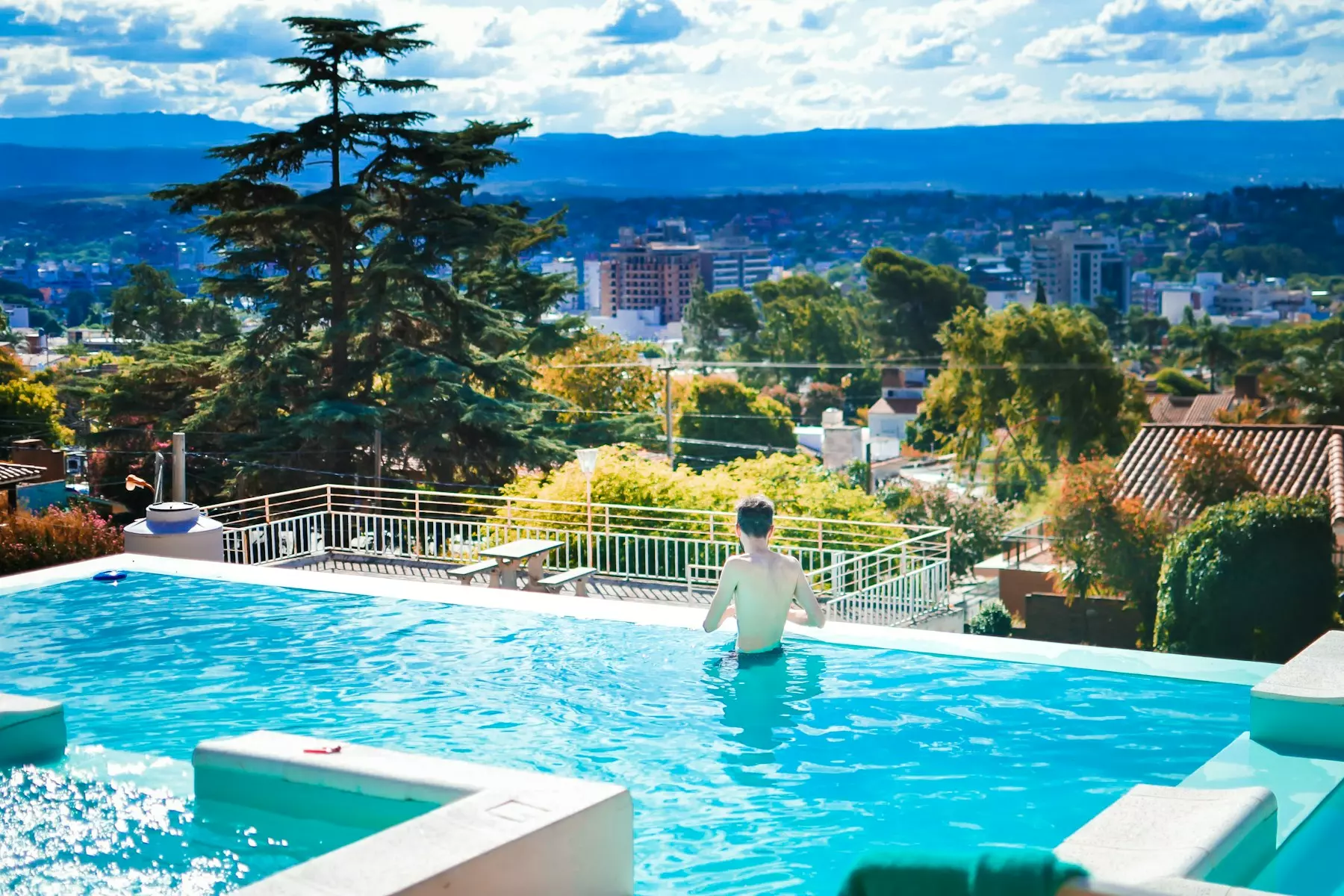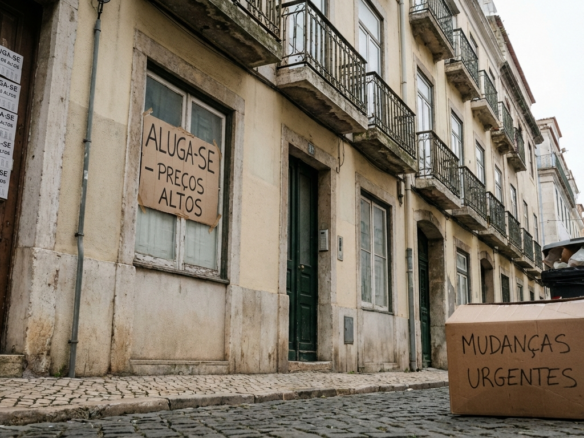France remains one of Europe’s most attractive destinations for holiday home investments, offering diverse landscapes from Mediterranean coastlines to Alpine ski resorts. The country’s robust tourism industry, combined with favorable property prices in many regions, creates excellent opportunities for generating rental income from a French vacation property. Understanding the local market dynamics, legal requirements, and operational aspects is crucial for maximizing your investment returns while navigating the unique challenges of cross-border property ownership.
Get 50% OFF!
Subscribe to our newsletter and enjoy a 50% discount on all listing packages, no strings attached!

How to Buy a Holiday Home in France for Rental Income
Research the Best French Regions for Rentals
The location of your French holiday home will largely determine your rental success, making regional research essential before making any investment decisions. Popular coastal areas like the Côte d’Azur, Brittany, and the Atlantic coast consistently attract tourists year-round, while mountain regions such as the Alps and Pyrenees offer excellent winter sports rental opportunities. Each region has distinct seasonal patterns that affect occupancy rates and rental prices throughout the year.
Consider factors beyond tourist appeal when evaluating regions, including accessibility via airports and transport links, local amenities, and the existing supply of rental properties. Areas with good transport connections to major European cities often command higher rental rates, while regions with oversaturated rental markets may struggle with occupancy. Research local tourism statistics, average daily rates for similar properties, and seasonal demand patterns to identify regions that align with your investment goals and budget constraints.
Understand French Property Laws and Regulations
French property law differs significantly from other European countries, particularly regarding foreign ownership rights and rental regulations. Non-EU residents can purchase property in France without restrictions, but must navigate specific legal procedures including mandatory notary involvement and various taxes. The French system requires all property transactions to go through a notaire (notary public), who handles legal checks, ensures proper title transfer, and collects applicable taxes on behalf of the government.
Rental properties in France are subject to various regulations depending on the type of letting arrangement you choose. Short-term holiday rentals must comply with local tourism regulations, which vary by municipality and may include registration requirements, tourist taxes, and occupancy limits. Long-term rentals fall under different legal frameworks with tenant protection laws that can make property recovery challenging. Understanding these distinctions early helps you structure your investment appropriately and avoid costly legal complications later.
Secure Financing for Your French Investment
French banks typically offer mortgages to foreign buyers, though the application process requires more documentation than domestic purchases. Most lenders will finance up to 70-80% of the property value for non-residents, with some offering higher loan-to-value ratios for EU citizens. Interest rates for foreign buyers are generally competitive, but banks will scrutinize your income, existing debts, and the property’s rental potential before approving financing.
Prepare comprehensive financial documentation including tax returns, bank statements, employment contracts, and proof of existing assets when approaching French lenders. Many banks require evidence of your intended rental strategy and may factor projected rental income into their affordability calculations. Consider working with mortgage brokers who specialize in international buyers, as they understand the specific requirements of different lenders and can help navigate the French banking system more efficiently.
Find and Evaluate Properties for Purchase
The French property market offers diverse opportunities from rustic countryside cottages to modern city apartments, each with different rental potential and maintenance requirements. Online property portals provide extensive listings, but working with local estate agents offers valuable insights into neighborhood dynamics, property history, and realistic rental expectations. Visit potential properties in person whenever possible, as photos rarely capture important details like noise levels, neighborhood character, and property condition.
Evaluate properties based on their rental potential rather than personal preferences, focusing on features that attract your target guest demographic. Properties near beaches, ski lifts, or major tourist attractions typically command premium rates, while homes with pools, modern amenities, and good WiFi connectivity appeal to contemporary travelers. Consider ongoing maintenance costs, especially for older properties or those in harsh climates, as these expenses directly impact your net rental returns.
Set Up Your Rental Business Successfully
Establishing your French rental business requires careful attention to tax obligations, insurance coverage, and operational logistics. France has specific tax treaties with many countries that affect how rental income is taxed, and you may need to register for French tax purposes depending on your rental turnover. Professional property management companies can handle day-to-day operations including guest check-ins, cleaning, and maintenance, though this service typically costs 15-25% of rental income.
Marketing your property effectively across multiple platforms maximizes occupancy rates and rental income potential. Popular booking platforms like Airbnb, Booking.com, and VRBO each have different fee structures and guest demographics, so diversifying your marketing approach often yields better results. Invest in professional photography, write compelling property descriptions in multiple languages, and maintain competitive pricing based on local market conditions. Building positive guest reviews takes time but significantly impacts your property’s visibility and booking rates on rental platforms.
Investing in a French holiday home for rental income can provide both financial returns and personal enjoyment when approached strategically. Success depends on thorough market research, understanding local regulations, and implementing professional operational systems from the start. While the initial setup requires significant time and financial investment, France’s enduring appeal as a tourist destination and relatively stable property market make it an attractive option for international investors seeking diversified rental income streams.





Join The Discussion